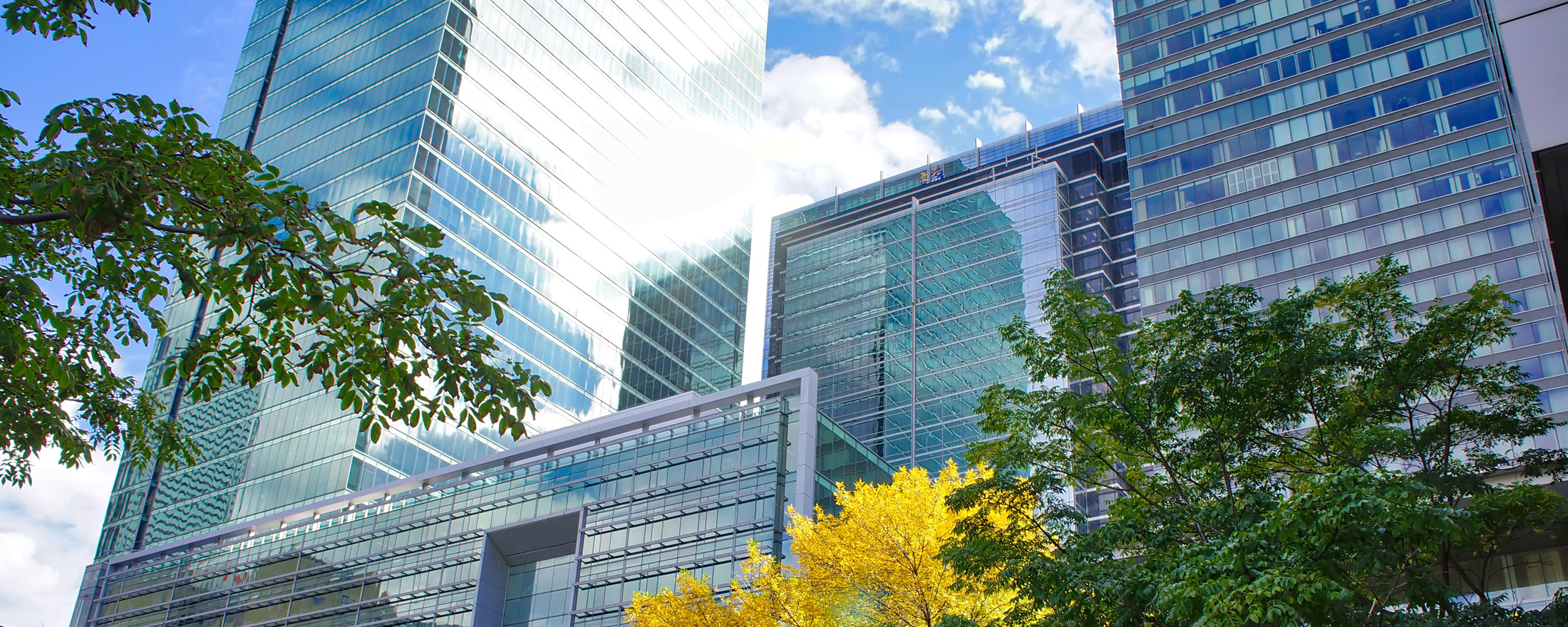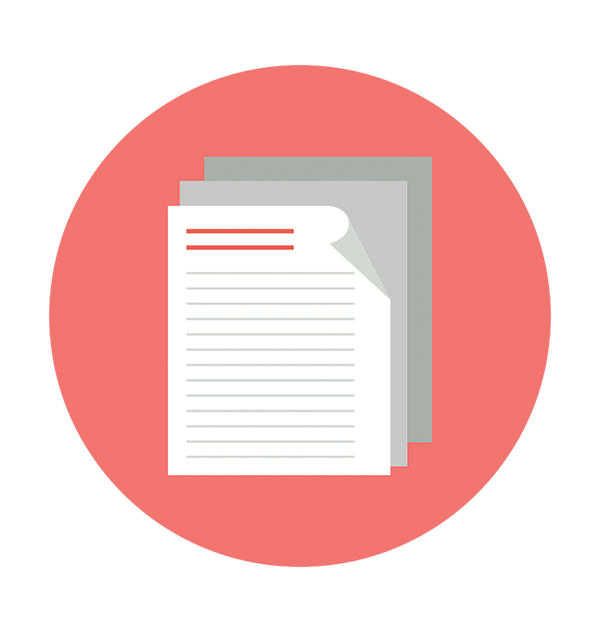This webinar will address:
History of EA in Ontario and The Path Forward: Webinar I
Thursday, November 5, 2020 at 12:00 pm to 2:00 pm ES
- History & purpose of environmental assessment (EA)
- Recommendations for the path forward
- OAIA’s EA recommendations in 2015 and 2016
- Meeting objectives of effectiveness, accountability, timeliness & rigour
- Meaningful Indigenous engagement including Indigenous-led EAs
- Recommended projects & undertakings for EA
Panelists
Robert B. Gibson
Robert B. Gibson is a professor in the School of Environment, Resources and Sustainability at the University of Waterloo. He has worked on improving assessment law and application since the mid-1970s, including in federal jurisdiction, most provinces and all three territories, and with several Indigenous authorities. He now focuses mostly on integrating sustainability considerations in a diversity of applications including assessments at the project and strategic levels.
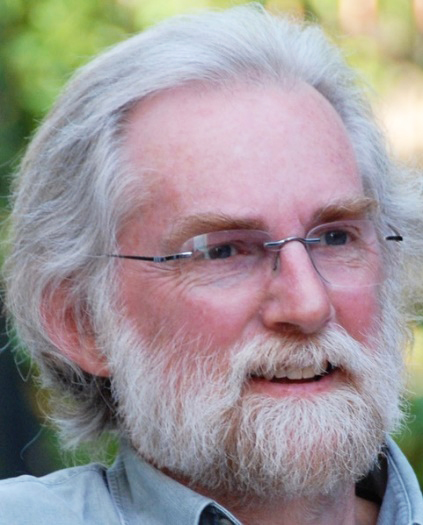
Rodney Northey
Rodney Northey is in his 30th year of private practice and head of Gowling WLG’s Practice Group for Environmental Law in Canada. He is certified by the Law Society of Ontario as a specialist in environmental law and teaches on this subject in Osgoode Hall’s LL.M. program. During 2016-2017, Rod was a member of the federal panel appointed to review of Canada’s environmental assessment process and also a member of Ontario’s Advisory Panel to review the GTA West Environmental Assessment. Rod is co-author of the Guide to Canada’s Impact Assessment Act, 2020 edition (LexisNexis Canada 2020), sole author of several previous guides and annotations of federal environmental assessment law, and author of law journal articles on integrating Ontario environmental assessment and land use planning.
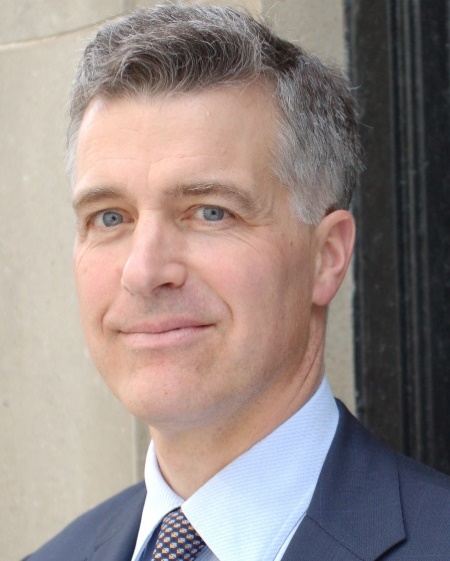
Caroline M. Coburn
Caroline M. Coburn, MA, RPP, MCIP, is a professional planner and impact assessment professional with 26 years of experience in natural resource and infrastructure development sectors across Canada. Caroline is the Managing Director of Odonaterra, a consulting firm that works with Canada’s First Peoples and interested organizations to strengthen inclusion of Indigenous people in impact assessment, and in land and resources planning. Caroline served on the Executive of the OAIA (2010-2019) as President and Treasurer. She taught geography at the University of Ottawa and holds Geography degrees from the University of Alberta (MA) and University of Saskatchewan (BA Hons).
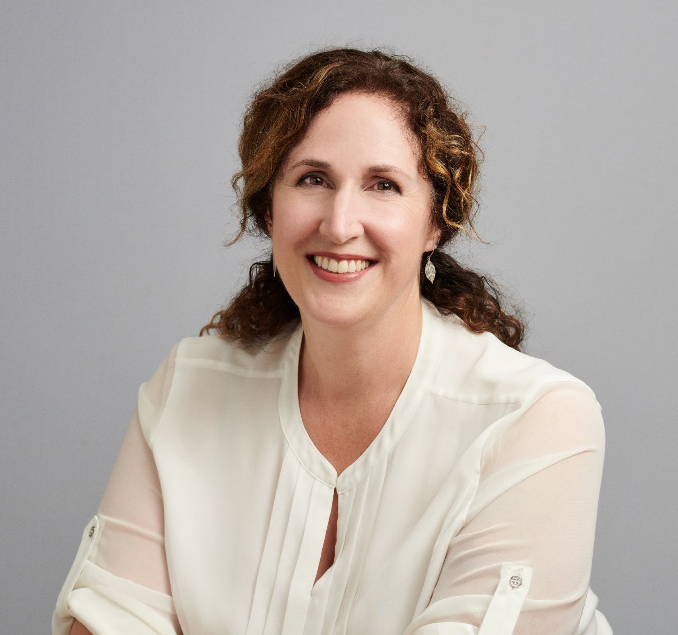
Webinar I Resources
Our Thanks to all the Panelists, Facilitators, and the Production Team
In recognition of our presenters and their contributions to the 2020 Webinar Series, OAIA has made a donation to the Canadian Association of Physicians for the Environment (CAPE). The Canadian Association of Physicians for the Environment is a Canadian-based non-profit organization dedicated to environmental issues and their relationships to human health. During the COVID-19 pandemic, CAPE have developed a report focused on economic recovery and provided a series of webinars around human health and environmental stewardship.
2020 Webinar Series
This year’s Ontario Association for Impact Assessment (OAIA) conference is being replaced with a series of webinars on Modernizing Ontario’s Environmental Assessment Legislation – The Past, Present and Future. The webinar series is in response to Ontario’s recent proposals to modernize its Environmental Assessment Act (EAA). The series will examine Ontario’s assessment laws and policies through time, lessons learned, and recommendations for the future. Expert panelists will focus on EAA, specifically, history and trends, what is enacted, what is missing and needed, and what is next.
Webinars will occur from noon to 2 pm on November 5, 12, and 19, 2020
If you have any suggestions for next year’s conference theme, please contact us.
We look forward to welcoming your participation in this year’s OAIA webinar series.
